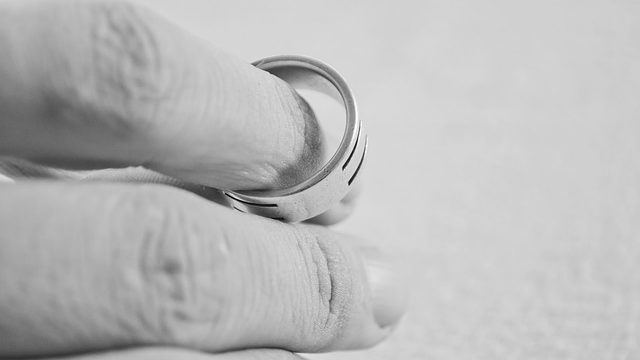Substance Abuse
“God desires for you to live in freedom and not be dependent on anything other than Him.”
- Pastor Kerry Watts

Congratulations on taking the first step towards recovery! Addiction is a bondage that can bring pain into our lives and the lives of those around us. Thankfully we are not alone in the battle. There are others who can help. Whether we are suffering this addiction to cope with life or we got sucked into a habit that took control of us, it does not have to continue owning us. The burdens that we can suffer while in this addiction, whether they be financial, physical, or emotional are paralyzing.
Steps to taking ownership of your life:
- Decide to make a change. Recognizing you have a problem is the first step to recovery. It can be a long process, one that requires time, commitment, motivation, and support.
- Reach out for support and explore treatment options. Don’t try to go it alone. The more positive influences you have in your life, the better your chances of recovery.
- Discover healthy and appropriate ways to cope with stress and life’s demands. Activities that have been helpful for others include exercise, aromatherapy, exposure to nature, a hobby, and fellowship with a healthy community.
- Keep triggers and cravings in check. While getting sober from chemical dependency is an essential first step; it’s only the beginning of the recovery process. Once sober, the brain needs time to recover and rebuild connections that have changed while addicted. During this time, drug cravings can be intense. You can support your continued sobriety by making a conscious effort to avoid people, places, and situations that trigger the urge to use.
- Build a meaningful drug-free life. You can support your drug treatment and protect yourself from relapse by having activities and interests that provide meaning to your life. It’s important to get involved in things that you enjoy and make you feel needed. When your life fills with rewarding activities and a sense of purpose, your addiction will lose its appeal.
Words to Live By:
“Woe to those who rise early in the morning to run after their drinks, who stay up late at night till they are inflamed with wine” Isaiah 5:11 (NIV).
“But the end of all things is at hand: be ye therefore sober, and watch unto prayer” 1 Peter 4:7 (KJV).
“And do not get drunk on wine, in which lies debauchery, but be filled with the Spirit” Ephesians 5:18 ((Revised Version, NABRE).
“For freedom Christ has set us free; stand firm therefore, and do not submit again to a yoke of slavery” Galatians 5:1(ESV).
 Dr. Ron’s Perspective:
Dr. Ron’s Perspective:
Mental health professionals often say that the past is the best predictor of future behavior. Childhood and teenage life experiences do shape our personalities and our view of the world and ourselves. Family dysfunction, abuse, neglect, and broken relationships can lead to a pattern of struggle and heartache. Hopelessness and despair can eventually set in and become a way of living. Childhood hurts can negatively affect a person’s self-esteem and self-worth, but a difficult childhood does not have to keep one from feeling happy and discovering their purpose in life. The past does not have to define your character. We must choose to either let the past be a roadblock to success or use “life’s hard knocks” to grow us and enable us to help other hurting people. Identify a person that could benefit from your wisdom and experiences. Reach out to them and show understanding and compassion. This step alone will go a long way in helping you feel better about yourself.
 Grace Notes by Philip Yancey
Grace Notes by Philip Yancey
“Many people find that a persistent temptation, even an addiction, is the very wound that causes them to turn in desperation to God, so that the wound forms a beginning point for new creation” (84).
Recommended Resources:
Freedom from Addiction – Neil T. Anderson and Mike & Julia Quarles
The Heart of the Addiction: A Biblical Perspective – Mark E. Shaw
Celebrate Recovery
Teen Challenge
HELPGUIDE.ORG
elements Behavioral Health
National Council on Alcoholism and Drug Dependence
Recovery.org
National Alcoholism and Substance Abuse Information Center







